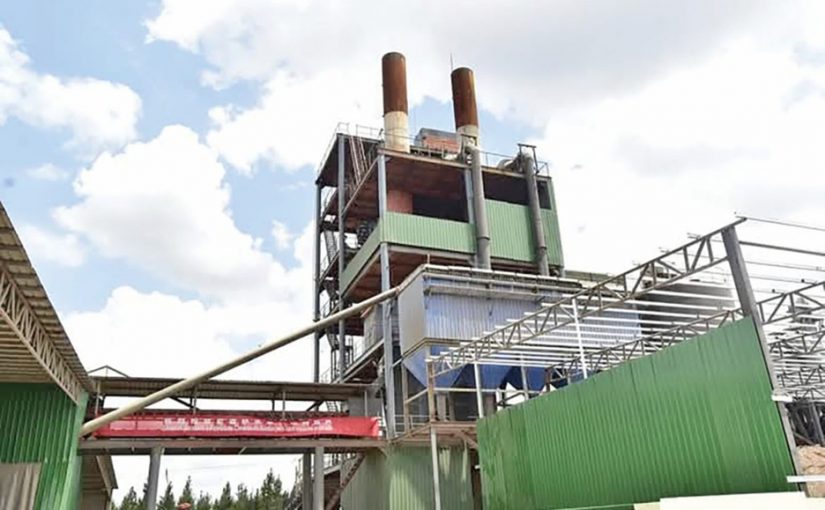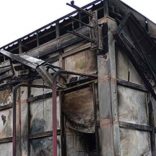Mozambique: 80% Of popular alcoholic drinks are counterfeit - AIM
Mozambique: Niassa cement factory with little impact on prices

File photo: Notícias
After many years of waiting, the start of operations of the Niassa cement factory in Chimbunila district has had little impact on consumers in the construction sector in this part of the country. The prices charged remain almost the same as those that were in force before the factory began operating.
The implementation of the enterprise, which opened in mid-December, employing 200 national workers and 40 expatriates, represented an estimated investment of US$20 million by a Chinese-owned company.
Annual production capacity is estimated at approximately 200,000 tons of cement, with the retail price being 550 meticais per 50-kilogram bag.
This price is generating a chorus of protests from cement consumers who believe there is no justification for it being sold for just 80 meticais below that of cement from factories in the cities of Nacala-Porto and Pemba, which also have transportation costs to get to Lichinga.
Tino Jauado, a micro-contractor based in the city of Lichinga, said it makes no sense for a factory that operates on the basis of raw materials entirely mined in the province of Niassa to be charging cement sales prices that are almost the same as those of the cement coming from provinces that are around 600 kilometres away.
“The raw materials used to produce clinker, namely iron ore, are mined in deposits located in the administrative post of Maniamba, in the district of Lago. Furthermore, limestone is mined in deposits located in Malulu, in the district of Sanga, which are approximately 70 and 60 kilometres away, respectively, from the town of Uti, where the cement factory is located. Therefore, it makes no sense for the sale price to be speculative,” lamented the interviewee.
He added that the cement produced in the factories located in the cities of Nampula and Pemba, the latter in Cabo Delgado province, reaches the Lichinga market at a cost of 630 meticais, since it includes expenses related to truck freight for its transportation.
“Disappointment is all I can say about my feelings about the establishment of the Niassa Cement factory, because the price charged for the sale of its product has no impact whatsoever on our construction projects, especially the homes that we dream of so much to improve the quality of our lives,” Rosita Amido complained.
She had hoped that the 50-kilogram bag of cement would sell at 450 meticais, taking into account various scenarios such as the cost of electricity and diesel used by the factory’s heavy vehicles to transport raw materials in the districts of Lago and Sanga.
“As the senior member of the factory’s management said, it will produce clinker to supply other cement industries in the country, which shows that it has more alternatives to cement and therefore there is no justification for the price to be above five hundred meticais,” she further reasoned.
Notícias has learned that for cement distributors in Niassa, the factory’s managers set the sale price at 490 meticais per 50-kilogram bag. However, the minimum quantity that distributors must purchase is 800 bags, equivalent to the full capacity of a 40-ton articulated truck.
The manager of the Salad Comercial Warehouse in Lichinga, a construction material wholesaler, said anonymously that the 60 meticais retail margin, making 550 meticais a bag, merely offsets expenses related to municipal taxes set for transporters who cross the city of Lichinga and freight to road freight operators.












Leave a Reply
Be the First to Comment!
You must be logged in to post a comment.
You must be logged in to post a comment.